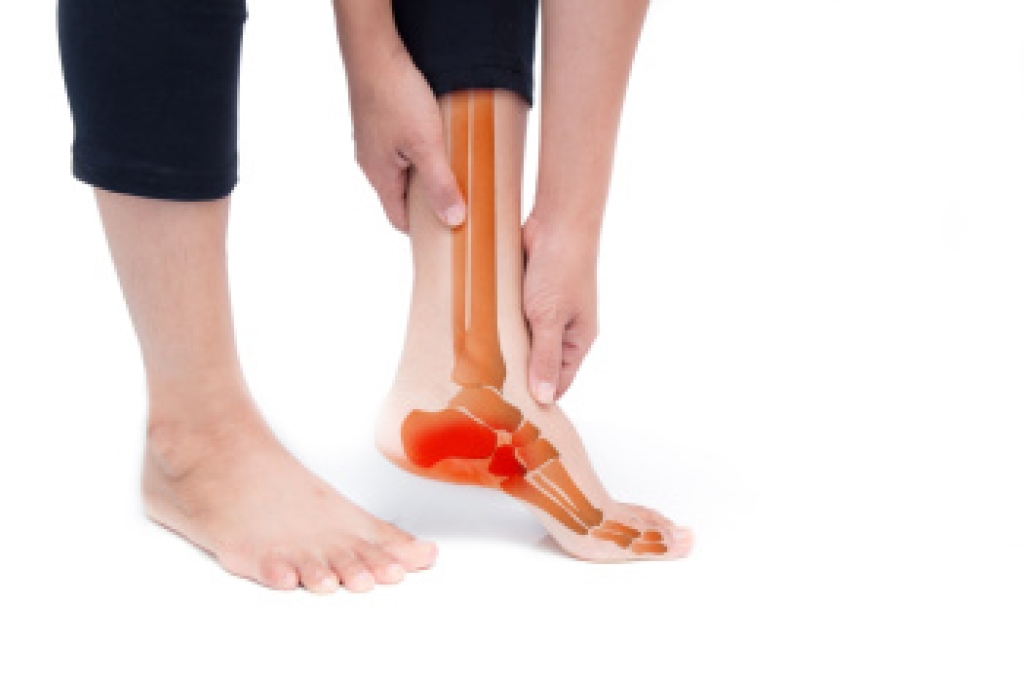
Psoriatic arthritis can cause painful and often disabling changes in the feet, toes, and ankles. Inflammation commonly develops in the small joints of the toes, leading to stiffness, swelling, and difficulty bending them or walking. Some people experience dactylitis, where an entire toe swells into a sausage-like shape. Others develop pain in the heel due to Achilles tendon involvement. Swelling in the ankles, which can restrict mobility, is also a frequent symptom of psoriatic arthritis. Over time, persistent inflammation may lead to deformities, such as clawed toes, shortening of the digits, or a flattened arch. Psoriatic arthritis can also affect the toenails, causing pitting, thickening, or discoloration, which may complicate footwear choices and performing daily activities. A podiatrist can diagnose psoriatic arthritis in the feet, recommend treatment to relieve pain and swelling, and discuss surgery if joint damage is severe. If you have symptoms of psoriatic arthritis in the feet, it is suggested that you make an appointment with a podiatrist for an exam, diagnosis, and treatment.
Arthritis can be a difficult condition to live with. If you are seeking treatment, contact one of our podiatrists from Waterbury Podiatry Consultants. Our doctors can provide the care you need to keep you pain-free and on your feet.
Arthritic Foot Care
Arthritis is a term that is commonly used to describe joint pain. The condition itself can occur to anyone of any age, race, or gender, and there are over 100 types of it. Nevertheless, arthritis is more commonly found in women compared to men, and it is also more prevalent in those who are overweight. The causes of arthritis vary depending on which type of arthritis you have. Osteoarthritis for example, is often caused by injury, while rheumatoid arthritis is caused by a misdirected immune system.
Symptoms
- Swelling
- Pain
- Stiffness
- Decreased Range of Motion
Arthritic symptoms range in severity, and they may come and go. Some symptoms stay the same for several years but could potentially get worse with time. Severe cases of arthritis can prevent its sufferers from performing daily activities and make walking difficult.
Risk Factors
- Occupation – Occupations requiring repetitive knee movements have been linked to osteoarthritis
- Obesity – Excess weight can contribute to osteoarthritis development
- Infection – Microbial agents can infect the joints and trigger arthritis
- Joint Injuries – Damage to joints may lead to osteoarthritis
- Age – Risk increases with age
- Gender –Most types are more common in women
- Genetics – Arthritis can be hereditary
If you suspect your arthritis is affecting your feet, it is crucial that you see a podiatrist immediately. Your doctor will be able to address your specific case and help you decide which treatment method is best for you.
If you have any questions please feel free to contact our offices located in Waterbury and Southington, CT . We offer the newest diagnostic tools and technology to treat your foot and ankle needs.




